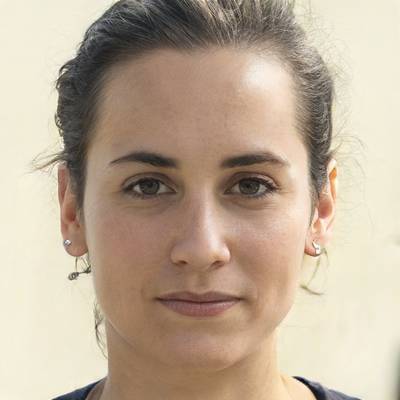The Definition Of Structure In Architecture
Introduction
‘Form’ generally is defined as’ shape of the body that is constitutes of set of points, forming a line or a surface which constitute its perceptible spatial limits’. Thus the form of a body in addition to its geometrical properties if questioned as planar or 3 dimensional aspects is typically also associated with a characteristic image. In art criticism the form is often referred as an expression of a theme, as an end product of a creative process involved with materials, visual elements, language etc. However in architecture ‘form’ is referred to as either to an entire building or to one of its components as long as the parts exhibits a certain degree of autonomy. Kant defines ‘structure’ in Gyorgy Kepes book “ Structure in Art and Science’ as ' a situation and connection of parts of an organism which is developed according to a uniform purpose.’ Wolfgang Wieser in ‘Organismen, Strukturen, Maschinnen’ claims that ‘structure appear wherever elements combine into a meaningful whole whose arrangement follows definite laws.”
Vitruvius who identified the three basic components of architecture as ‘firmitas’, ‘utilitas’ and ‘venustas’, which was translated by Sir Henry Wooton in ‘The elements of architecture’ as ‘firmness’, ‘commodity’ and ‘delight’. Here ‘commodity’ is referred to as practical functioning of the building, ‘delight’ is referred to as aesthetic sensibilities of those who come in contact with it and ‘firmness’ termed as the most basic quality , that is concerned with the ability of the building to preserve its physical integrity, which is satisfied by its structure. Thus without structure there is no building, and therefore no ‘commodity’ and ‘delight’. Thus Vitruvian breakdown can be accepted as a valid basis for examining and critiquing building. This gives a reason that ‘form’ and ‘structure’ are inextricably linked.
The form of a structural armature is inevitably very closely related to that of a building which it supports, and the act of designing building and of determining its overall form. ‘This means that a designer requires an intuitive ability to understand a building as a structural object, a skill which is dependent on a knowledge of the functional requirements of structure and an ability to distinguish between the structural and non-structural parts of the building.’ It has been recognized that, relationship between form, material and system have played a decisive role in conceptualizing structure, and hence it becomes essential to understand its effect on architecture. This relationship between the structure and architecture can be found ranging to its extremes, from complete domination of the structure on architecture to complete rejection of structural requirements for architecture in determining the form over its formal expression.
Along with this the relationship between architects and engineers have also taken up different modes of engagements. Again ranging from engineer being only a technician, to a collaborator, or even likely acting as an architect. All of these three modes could be still found in practice even today. This thesis will hereafter taking the case study of Renzo Piano’s work will examine the development of form on basis of material and structural system in relation to the formal expression. This will cover and acknowledge the type of relationship established between structure and architecture. This thesis will contribute while examining Renzo Piano’s work, in understanding that each designer may differ in degree but are not likely to differ in the established kind of relationship.
Cite this Essay
To export a reference to this article please select a referencing style below

